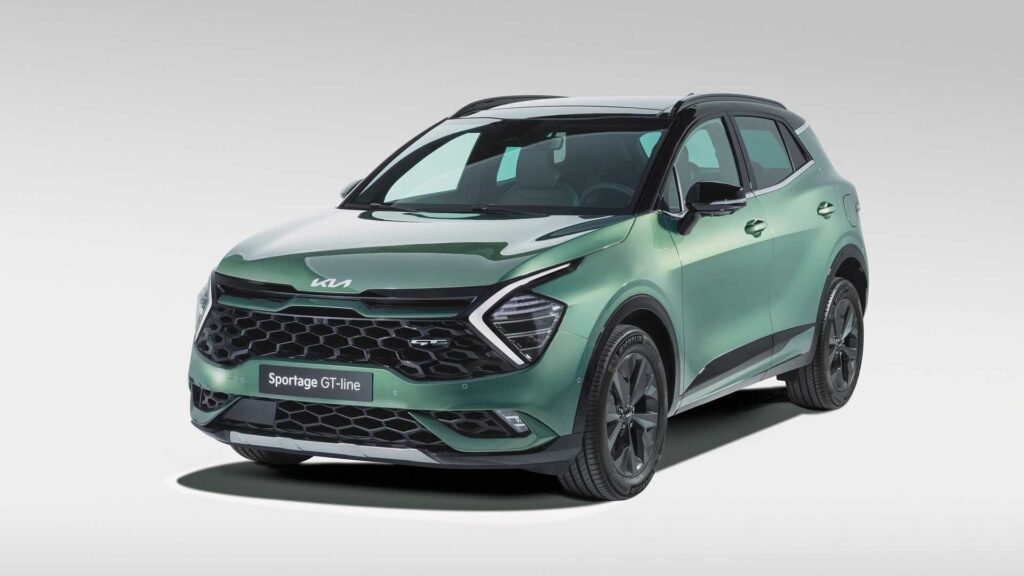Kia and Hyundai recall 3.37 million US vehicles over fire risks. Due to the potentially dangerous risk of engine fires, automakers Kia and Hyundai have jointly issued a recall for an astounding 3.37 million vehicles across the United States.
Before the required repairs are finished, owners are recommended to park their damaged vehicles outside and away from buildings.
The issue, according to the automakers, is related to internal brake fluid leaks that can result in electrical shorts and ultimately pose a fire risk.
Both automakers’ advice has been reiterated by the National Highway Traffic Safety Administration (NHTSA), which emphasises that vehicle owners should follow the safety precautions while their cars are getting the necessary repairs.
Also read: KIA Sportage prices increased in Pakistan: check new rates
Since 2017, Hyundai has recorded a total of 21 fires and another 21 heat incidents, all of which have been connected to the recall. However, Kia has acknowledged at least ten fires and incidents of melting parts.
As Kia and Hyundai recall 3.37 million US vehicles over fire risks, notably, according to the NHTSA’s statement, there have been no complaints of collisions, injuries, or fatalities linked to these recalls.
The Kia America-initiated recall covers a wide range of makes and models, including the Borrego, Cadenza, Forte, Sportage, K900, Optima, Soul, Rio, Sorento, and Rondo cars, with model years ranging from 2010 to 2017.
The Hydraulic Electronic Control Unit (HECU) may experience an electrical short owing to brake fluid leaks in these cars, which might result in engine compartment fires while the cars are parked or being driven.
Elantra, Genesis Coupe, Sonata Hybrid, Accent, Azera, Veloster, Santa Fe, Equus, Veracruz, Tucson, Tucson Fuel Cell, and Santa Fe Sport models from model years 2011 through 2015 are included in Hyundai’s recall, which covers 1.64 million vehicles.
The Anti-Lock Brake System (ABS) module is the area of worry in this instance since it may experience internal brake fluid leakage, which might lead to an electrical short and possibly engine compartment fires when the car is either parked or moving.
Hyundai plans to contact the affected owners and make arrangements for them to visit a dealership where the ABS module fuse will be changed in order to fix these problems.
Kia, on the other hand, is still working on a fix and expects to inform owners of recalled vehicles in November.
The manufacturers’ dedication to protecting the security and welfare of their customers is highlighted by this combined recall.
